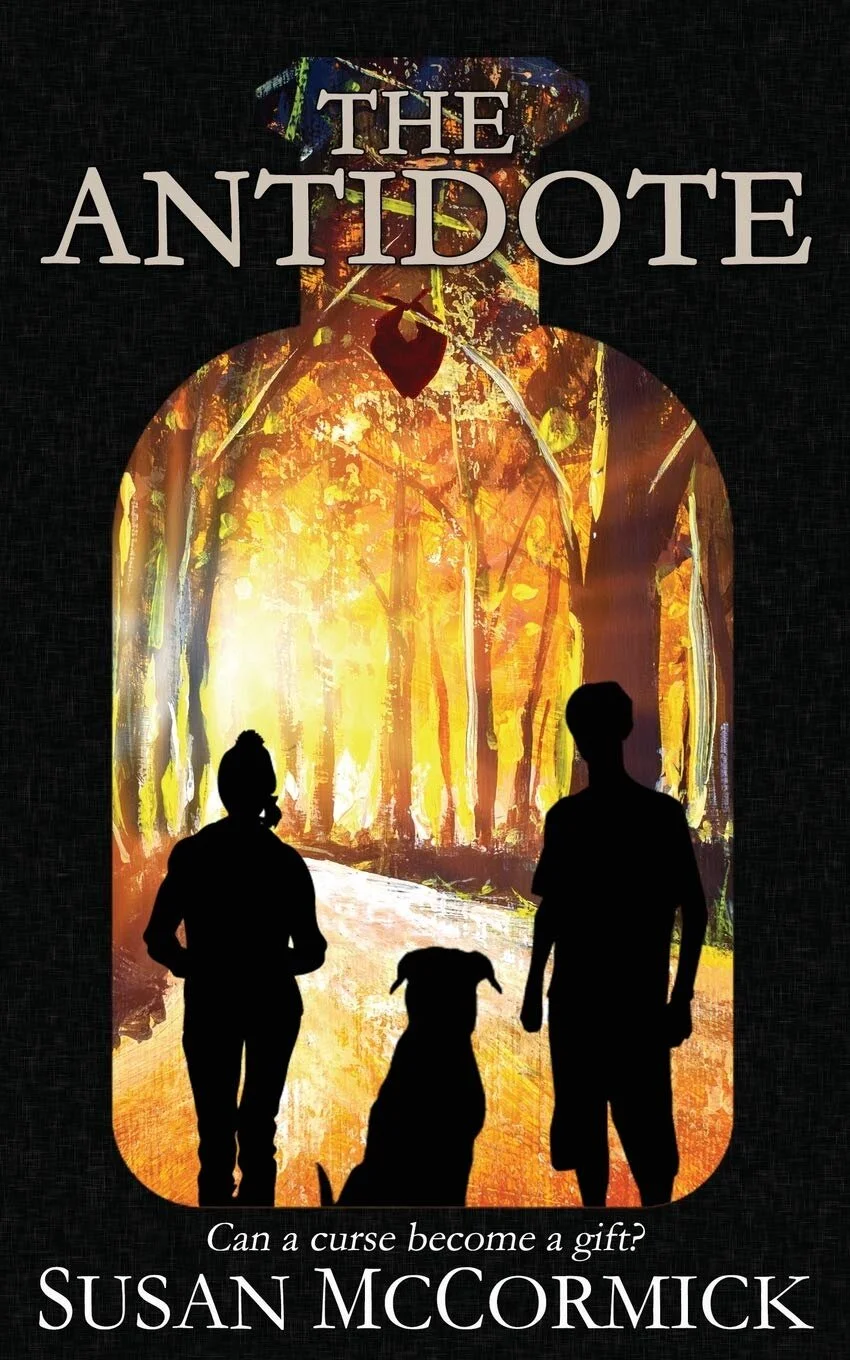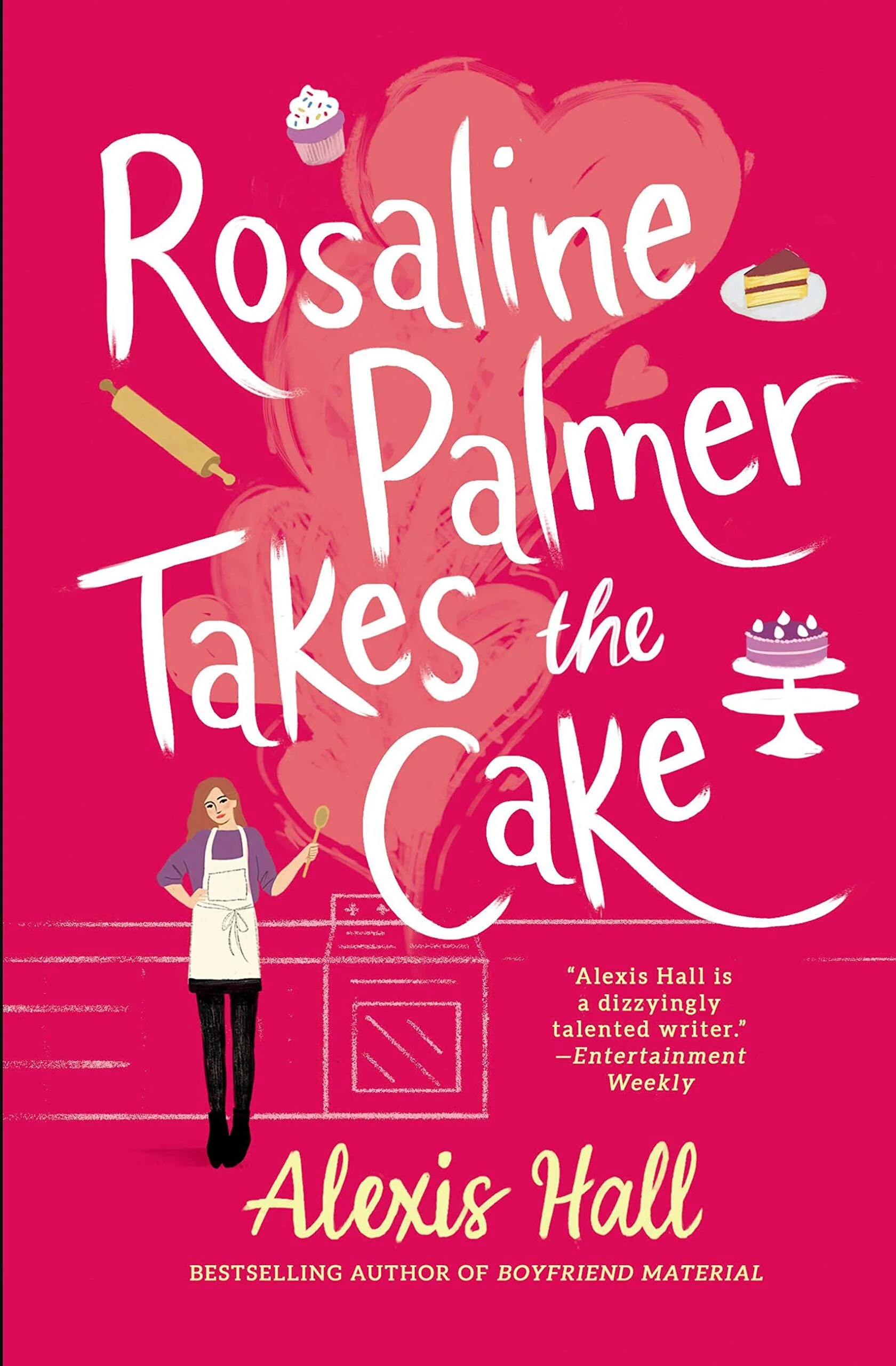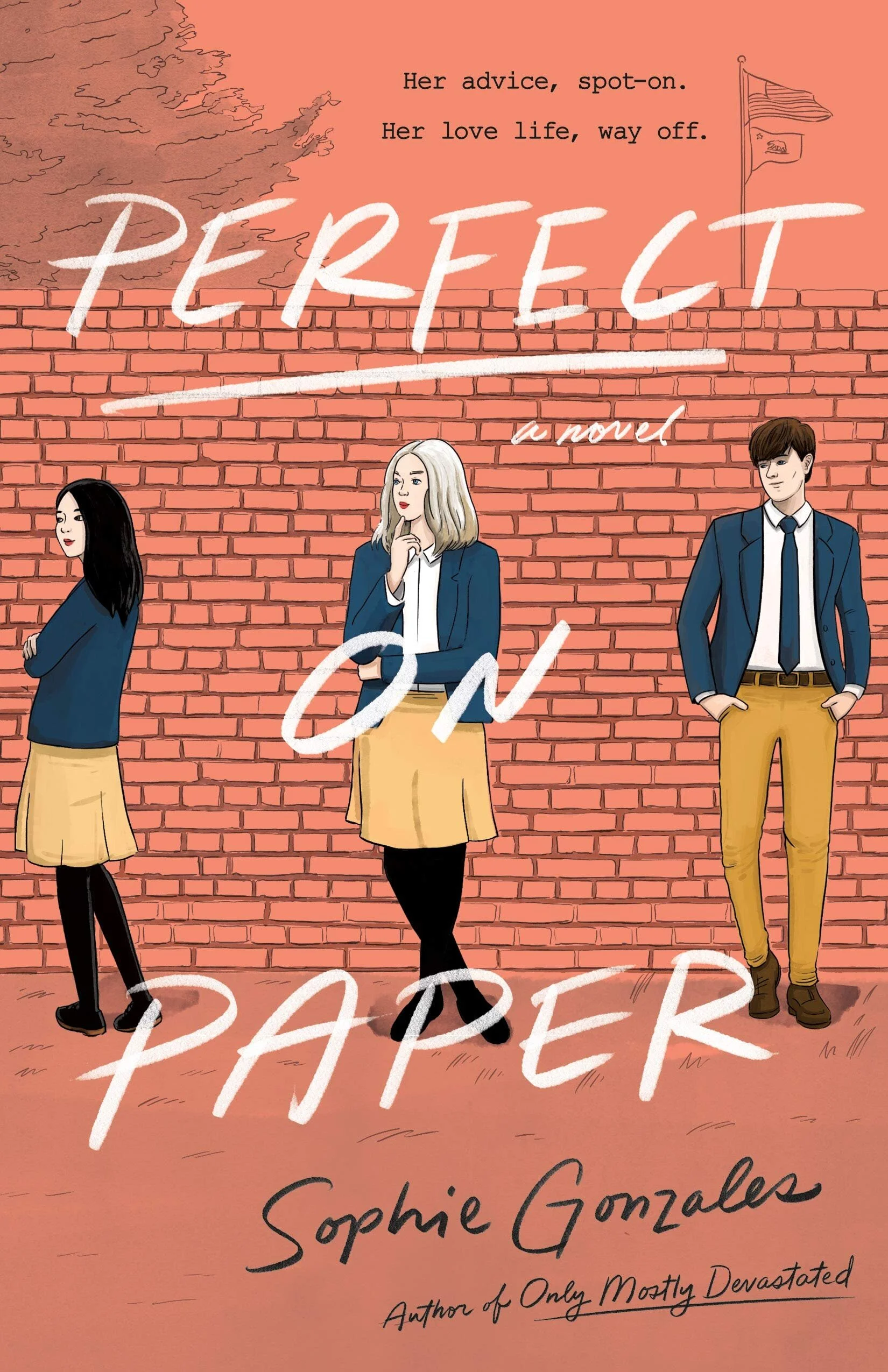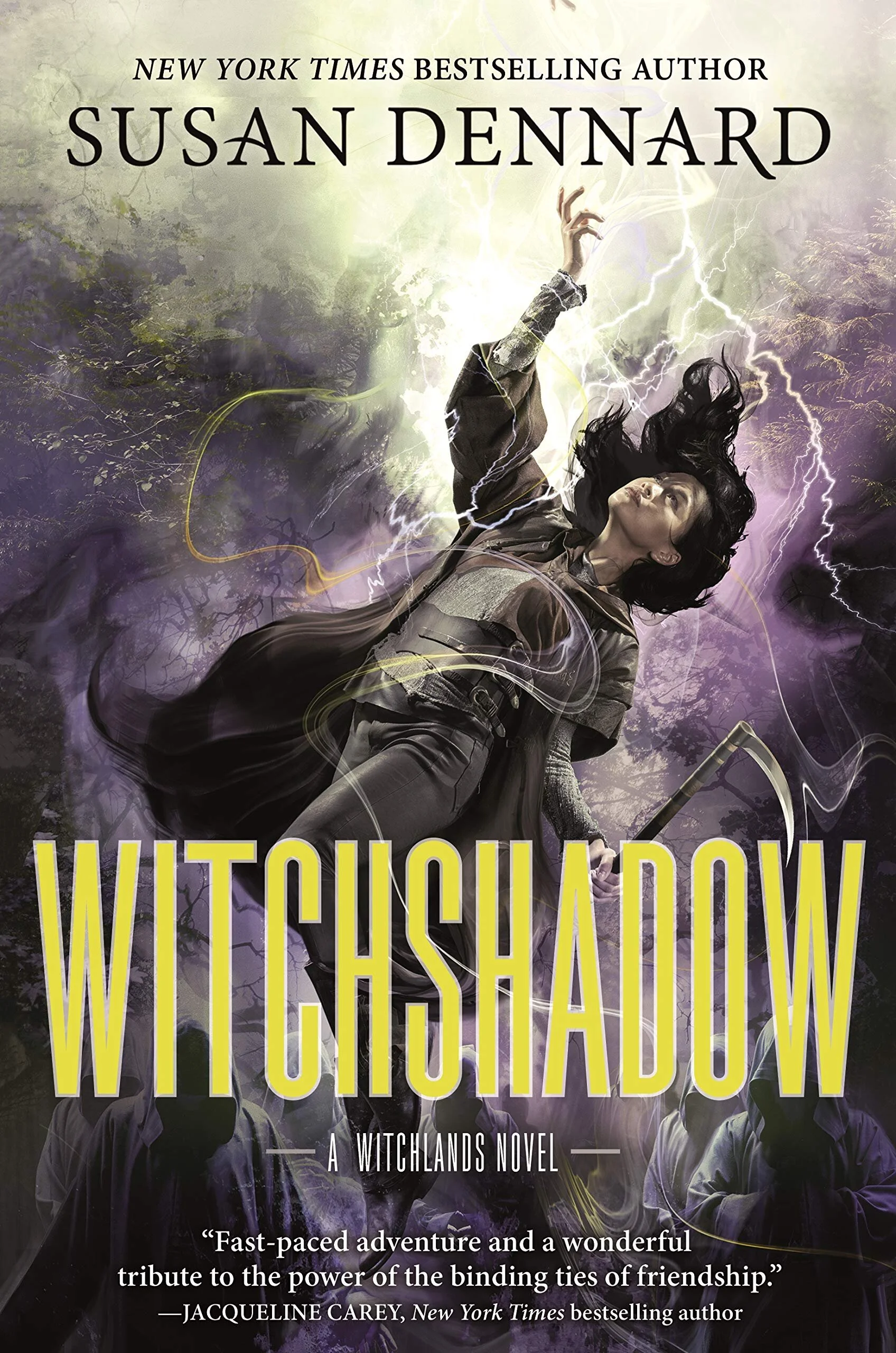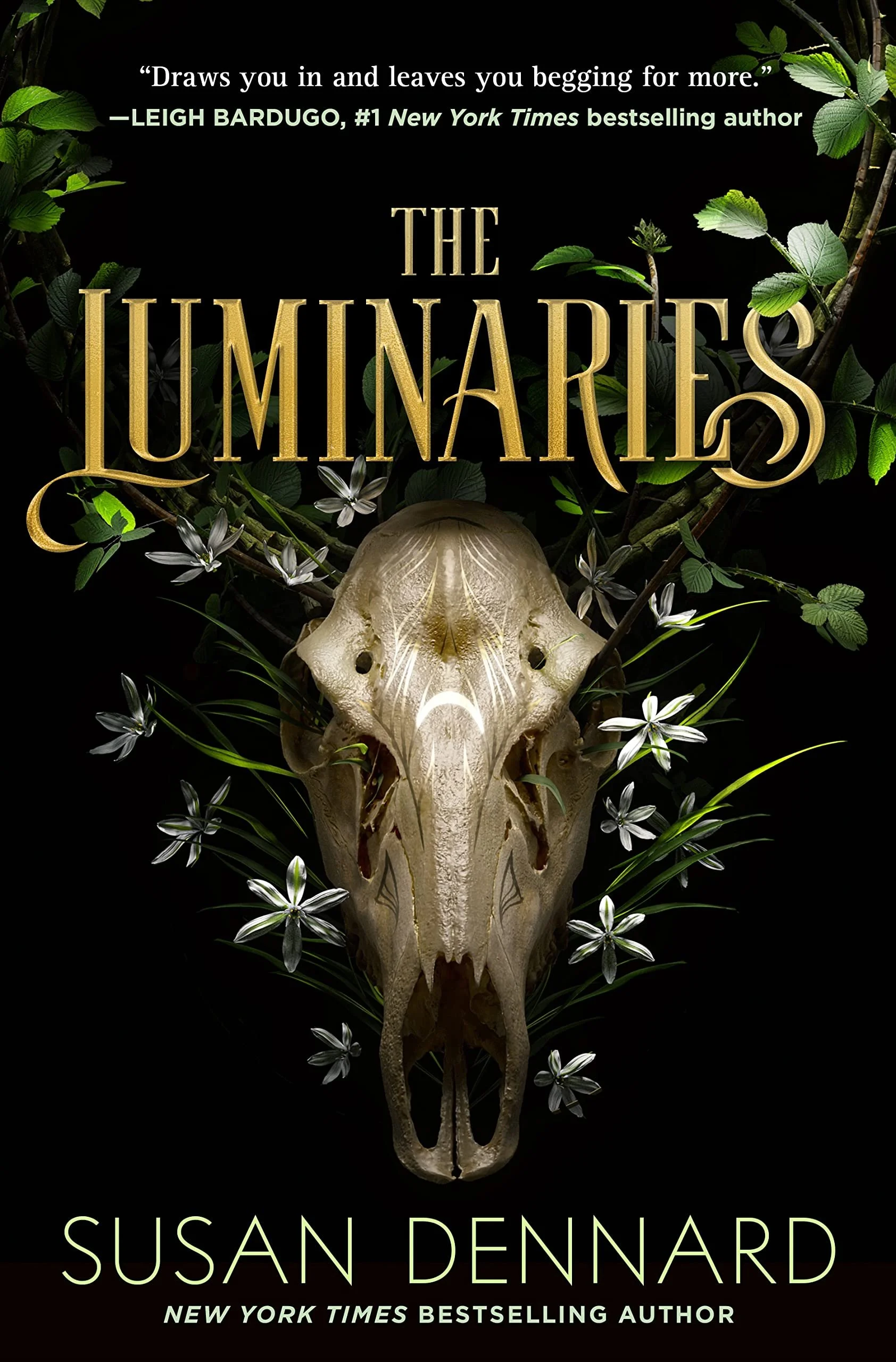Review: The Antidote by Susan McCormick
Book sent to me by BooksForward.
The Antidote by Susan McCormick follows twelve-year-old Alex as he discovers that he can see disease, as could many of his male relatives since the days of Ancient Greece. From here, Alex and his friends go on a journey to defeat the villain who goes by the name ILL.
I found this book almost unreadable. I want to state that obviously, everything I state within this review is my opinion, and your experience of this book could vary greatly. But I enjoyed nothing about this book and found a few elements problematic. Also, though I am clearly outside of the target age range for a middle-grade novel, I do love reading the age group when I am in the mood for an adventure.
What made this book almost unreadable for me was McCormick's writing style. I found it unengaging and repetitive. You could skip whole swaths of the text due to the information having already been delivered multiple times. I found myself questioning if this book had an editor many times while reading. It was heavy-handed, even keeping in mind that it is for children; the author assumes that children need everything laid out for them multiple times to understand. I assume this was part of the reason that this book took about a quarter of its length to get to the central conflict being actually introduced to the main character. Even with all of the over-explanation, I did also find much of this book genuinely confusing.
One of the biggest problems with this book was the voice of Alex, the main character. I could never believe him as a child. My mind was always hyper-aware of the adult writing him and not being absorbed into the story and believing him to be a twelve-year-old. None of these middle school children felt authentic to how children currently act, nor were they a match to my experience of childhood. I found many of the elements of the book that I assume we're meant to be fun to children to be cringy at best and confusing at worst. Capitalizing the villain's name as ILL to 'emphasize his villainy,' calling all the teachers Mr/Mrs. a word relating to their job, the words the children chose to use, and quite a few other elements just completely did not hit for me.
McCormick is a doctor in addition to being a writer. This explains her knowledge base for the diseases mentioned in this story. Still, I do not think having doctor parents is enough justification for Alex to actually be able to understand the human body quite as well as he does. That might just be a petty gripe because I did not enjoy the story enough to be able to suspend my disbelief. But I did find the way the author presented medical knowledge to be just as boring as the rest of the prose.
I also found the single mention of AIDS to be incredibly bizarre because it was given no further explanation as an illness when every other disease mentioned was (maybe with the exception of ebola, which was in the same sentence as AIDS). The line about it seemed to just be inserted to cover the author because not including it would seem crass to adults reading.
I also thought the way the author talked about food to be wildly inconsistent. She would go from 'healthy in moderation' talk straight to rhetoric that would seem to imply, especially to a child who lacks broader context, that eating anything that contains sugar or fat will ensure you get a fatal disease. This is particularly dangerous as the middle school years are rife for the development of eating disorders. I was also genuinely upset by how this author talked about folks with diabetes. I read a few of the passages to adult friends who have it, and they were also horrified by the portrayal. I would in no way want a child with diabetes to read this book and then feel bad about themselves.
Some of my above feelings would have been mitigated if I had found this book fun or engaging, but I did not. So many of the characters relied on stereotypes and very overused character archetypes that I just wasn't invested in them. These occasionally made me uncomfortable but certainly did not promote any emotional attachment to form. I am so easy to make form attachments in books; I actively try to be as receptive as possible to books working on my emotions. I could not connect to these characters or this story at all. It was a very disappointing experience overall. I am sad to not be able to find redeeming qualities to this book, but I am displaying my honest thoughts about the book just as I have don't with any review previous.
I really wanted to like this book, the idea seemed fun, and I genuinely love this genre. I also just hate giving books one star; I probably would have DNFed the book if it weren't for me being outside of my house when I read it and thus unable to access my other unread books. I hope if you read this book you loved it, I am sure every book has its readers, but I am certainly not the correct reader for this book.

